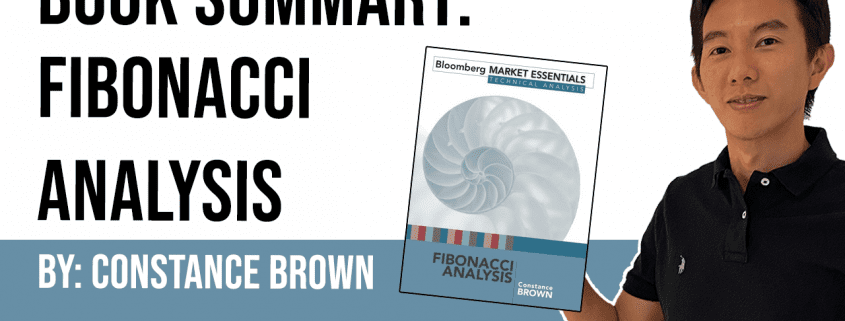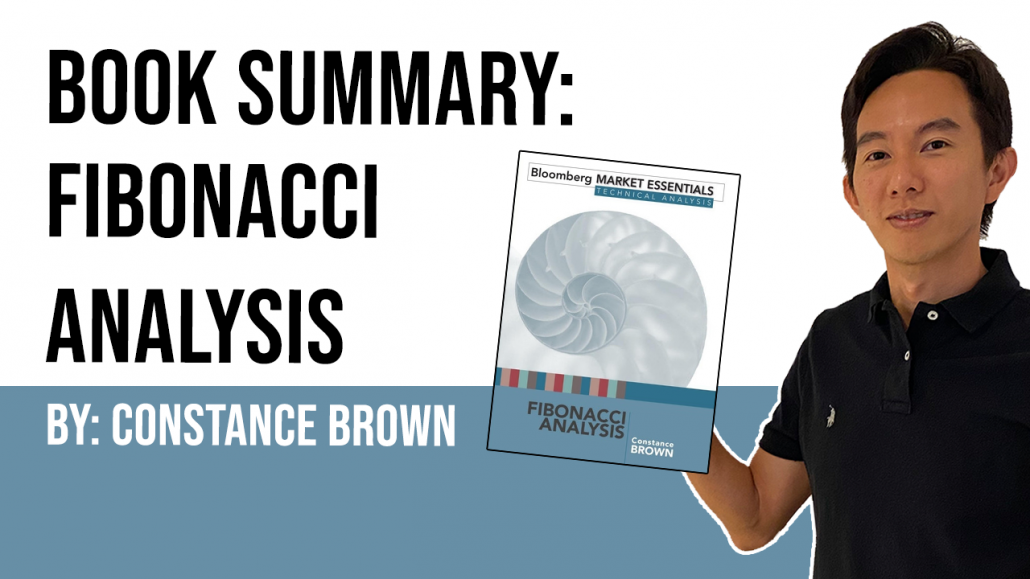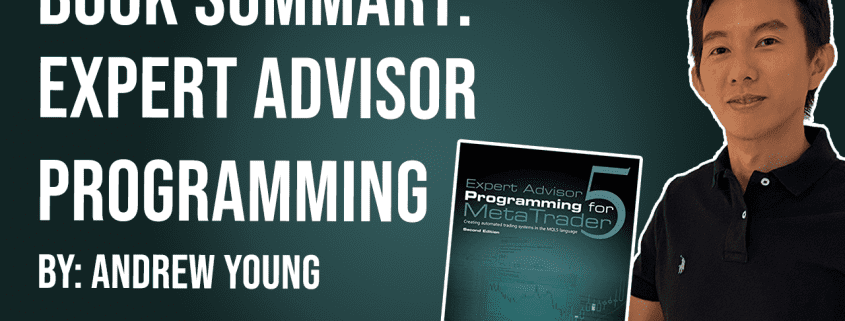“Fibonacci and Gann Applications in Financial Markets” by George MacLean is a comprehensive guide to understanding and applying two of the most powerful tools in technical analysis: Fibonacci ratios and Gann angles.
The book provides a clear and thorough explanation of the mathematical principles behind these tools, as well as practical examples of how to use them in real-world trading scenarios.
In this blog post, I will share all about this book and the author, key ideas from the book, and how you can apply it to your own trading & investing journey.
Table of Contents
About the Author
The author, George MacLean, is a well-known expert in the field of technical analysis, with over 20 years of experience in the financial markets.
He has written extensively on the subject of Fibonacci and Gann analysis and is a highly respected figure in the trading community.
What is the Book About?
The book is divided into three main sections. The first section covers the basics of Fibonacci and Gann methods, including their history and development.
The second section delves into the application of these methods in the financial markets, including how to use them to analyze charts and identify potential trades.
The final section offers advanced techniques for using these methods, including how to combine them with other indicators for improved results.
The main message of the book is that Fibonacci and Gann methods can be powerful tools for traders and analysts looking to gain a deeper understanding of market trends and identify potential opportunities for profit.
The author emphasizes the importance of combining these methods with other indicators for improved results and stresses the need for a thorough understanding of these methods before applying them in real-world trading situations.
10 Key Ideas from the Book
- Fibonacci ratios, such as the Golden Ratio, can be used to identify key levels of support and resistance in the market. For example, a stock’s price may experience a significant resistance at the 61.8% Fibonacci retracement level.
- Gann angles can be used to identify potential trend changes and potential entry and exit points for trades. For example, a downward slope in a Gann angle may indicate a potential trend change from bullish to bearish.
- Combining Fibonacci and Gann methods with other indicators can improve the accuracy of market analysis and increase the chances of success in trading. For example, by combining Fibonacci retracements with a momentum indicator, a trader can confirm a potential trade setup.
- The author stresses the importance of understanding the underlying principles behind these methods before applying them in real-world trading situations.
- Fibonacci and Gann methods are based on historical market data and patterns, so they are most effective when used in conjunction with other forms of analysis.
- Fibonacci retracements can be used to identify potential price targets, such as the 100% retracement level.
- Gann squares and Gann fans can be used to identify key levels of support and resistance in the market.
- Gann angles can be used to identify potential trend changes and potential entry and exit points for trades.
- The author advises to not rely solely on Fibonacci and Gann methods, but to use them in conjunction with other forms of analysis.
- The author advises that traders should use caution when applying these methods in real-world trading situations, as market conditions can change quickly.
10 Ways to Apply the Teachings
- Study the history and development of Fibonacci and Gann methods to gain a deeper understanding of their underlying principles.
- Learn how to use Fibonacci ratios and Gann angles to analyze charts and identify potential trades.
- Practice applying these methods in a simulated trading environment before applying them in real-world situations.
- Combine Fibonacci and Gann methods with other indicators to improve the accuracy of market analysis.
- Learn how to use Fibonacci retracements and Gann fans to identify key levels of support and resistance.
- Use Gann angles to identify potential trend changes and potential entry and exit points for trades.
- Develop a trading plan that incorporates Fibonacci and Gann methods and stick to it.
- Practice discipline and patience when using these methods, as success with them takes time and practice.
- Keep a trading journal to track the results of using these methods and make adjustments as needed.
- Continuously educate yourself about the market and these methods to stay updated with new developments.
Other Important Points from the Book
- Fibonacci and Gann methods are not foolproof and may not always provide accurate results.
- These methods are best used as part of a larger trading strategy that incorporates other indicators and analysis methods.
- Traders should use caution when applying these methods in real-world trading situations, as market conditions can change quickly.
Concluding Thoughts
In conclusion, “Fibonacci and Gann Applications in Financial Markets” is a valuable resource for traders and analysts who are looking to gain a deeper understanding of market trends and identify potential opportunities for profit.
I would recommend this book to traders and investors who are interested in technical analysis and are looking to improve their understanding of how to use Fibonacci and Gann methods in their trading strategies.
It’s important to note that the author stresses the importance of understanding the underlying principles behind these methods and not relying solely on them, but to use them in conjunction with other forms of analysis.
Now that I have covered all the key learning points of this book, would you consider adding it to your reading list?
For those who have already read it, what are some of your key learning points?
Let me know in the comments below!

If you would like to find more book summaries and recommendations, also check out: “Best Investing & Trading Books of All Time”











